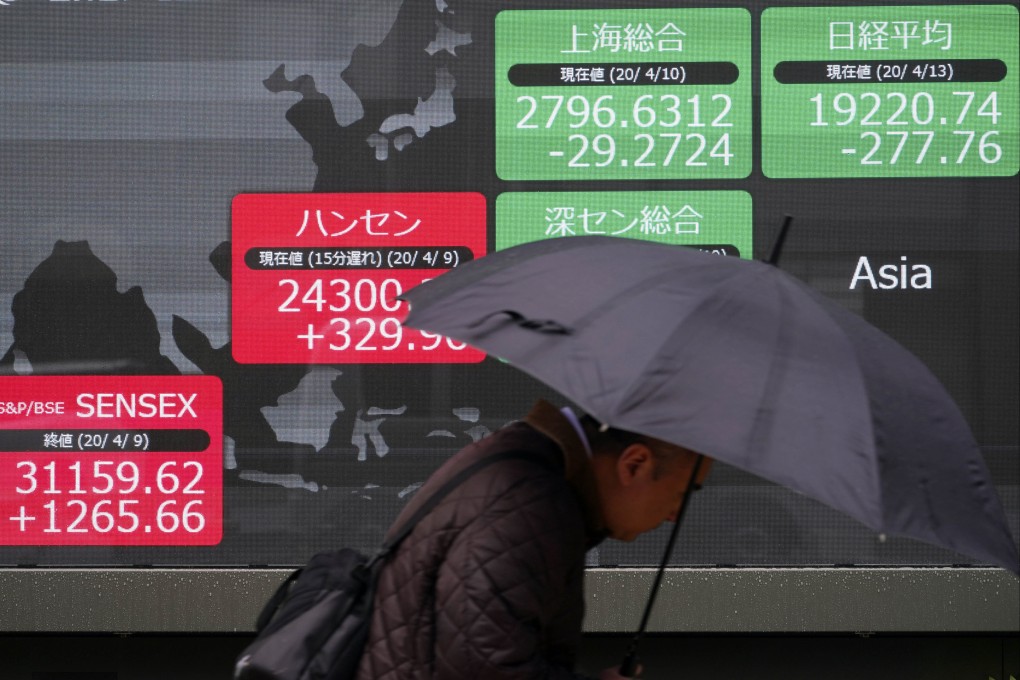Macroscope | Ailing Japan needs new ideas from leadership contest to revive its regional role
- The contest to replace Yoshihide Suga should be wide open, but Japan’s mindset remains closed on key issues, such as the relationship with China and South Korea
- Economic opportunities in the shape of trade and investment abound if only the restraints of Japan’s relationship with the United States can be loosened

As a former senior Japanese official once told me, Japan is a country of “excellent foot soldiers but poor commanders”. Now, as a new batch of would-be commanders jostles to become prime minister, the danger is that whoever wins will again disappoint hopes of more visionary leadership.
There has been an increasingly forceful push to elevate national security concerns among Japanese foreign policy issues. But national security concerns are inward-looking and defensive rather than boldly outgoing.
For much of the post-World-War-II era, Japan has been a country “in” rather than “of” Asia. It was tied to the United States, for which it hosts US Asia-Pacific military forces as an “unsinkable aircraft carrier”, to quote former prime minister Yasuhiro Nakasone.

